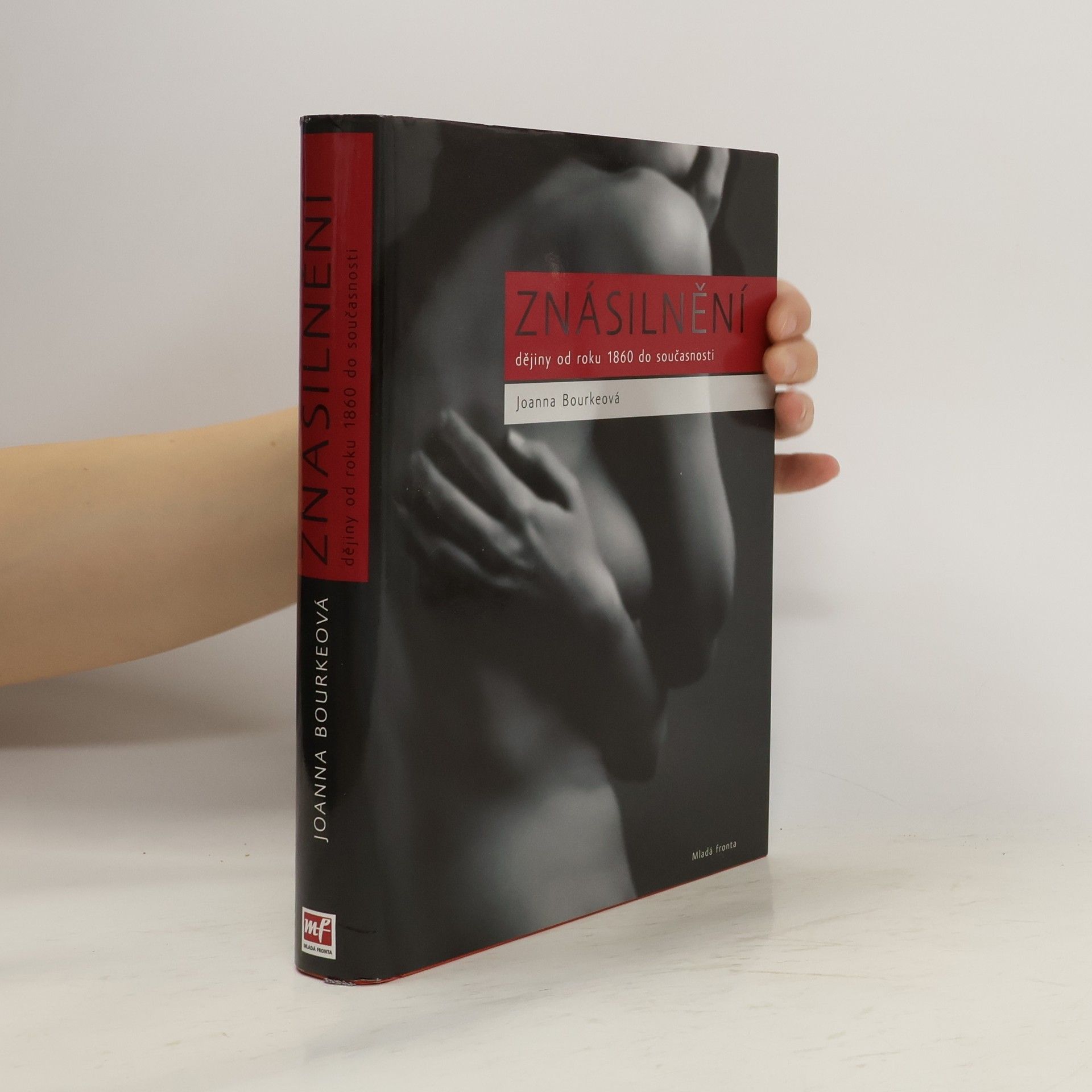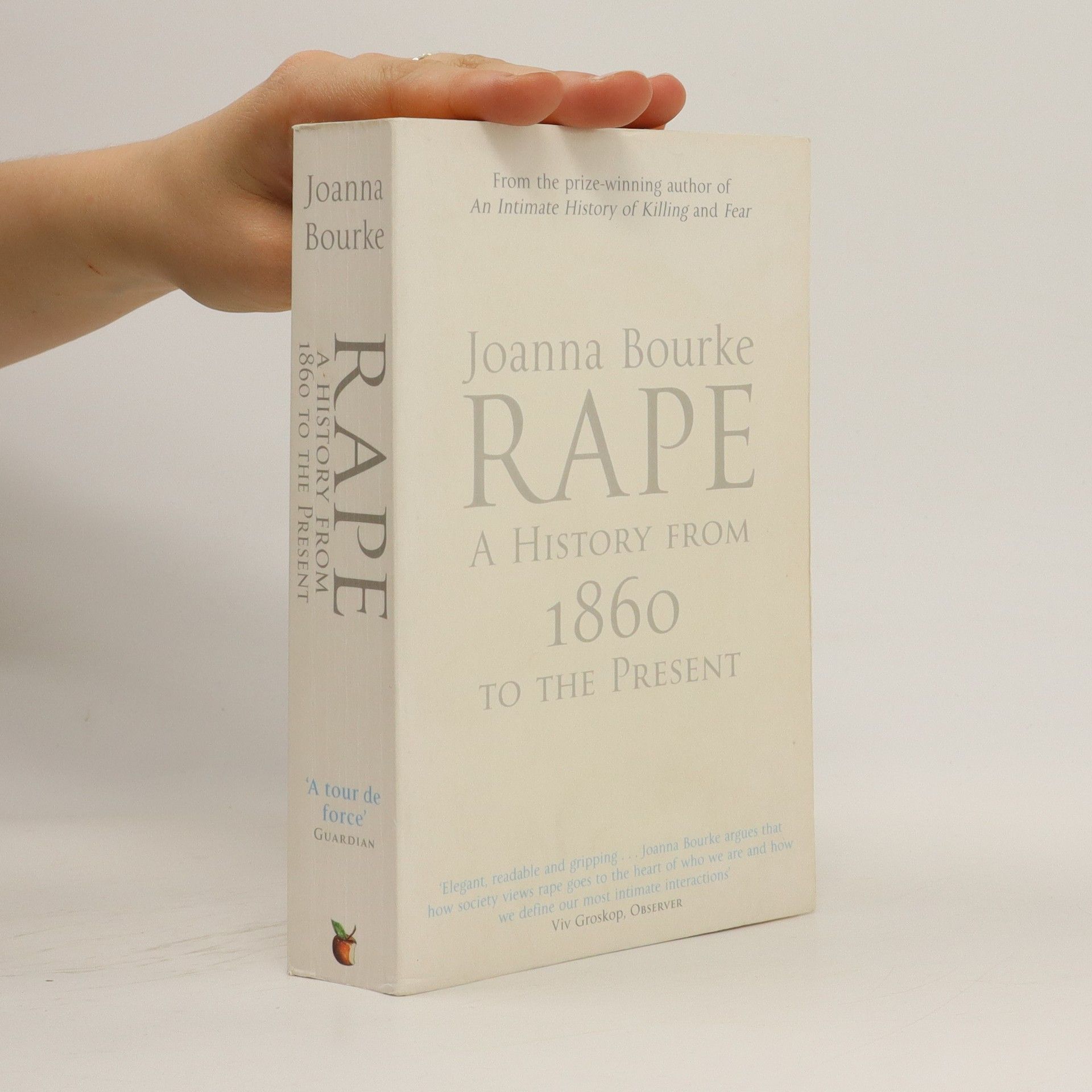The first truly global history of sexual violence, by acclaimed historian Joanna Bourke.
Joanna Bourke Livres
Joanna Bourke est une historienne et professeure d'histoire, dont le travail explore l'histoire sociale et culturelle. Ses écrits examinent comment les individus ont vécu et interprété la violence, la pauvreté et les périodes de guerre. Elle analyse de manière critique les récits de souffrance, en mettant l'accent sur les expériences humaines vécues en temps difficiles. L'approche de Bourke se caractérise par une recherche approfondie en archives et une analyse méticuleuse des sources historiques.





Rape : a history from 1860 to the present day
- 576pages
- 21 heures de lecture
A fascinating, thought-provoking book on the emotive subject of rape from the highly acclaimed author of 'Fear'
Loving Animals
- 184pages
- 7 heures de lecture
Renowned historian Joanna Bourke explores the modern history of bestiality.
The book offers a vibrant historical account of Birkbeck, University of London, highlighting its evolution over 200 years from a time when educated working people were frowned upon to its current status. Joanna Bourke explores the institution's significant role in transforming British higher education, reflecting on its impact and contributions throughout history.
Příběhy plného sexuálního násilí nás obklopují na každém rohu. Autorka se ve své knize s využitím poznatků kriminologie, sociologie a psychologie vypořádává s různými definicemi znásilnění a znásilňovatele a ukazuje, jak hluboce je sexuální násilí zakořeněno ve své době a jak se neustále proměňuje.